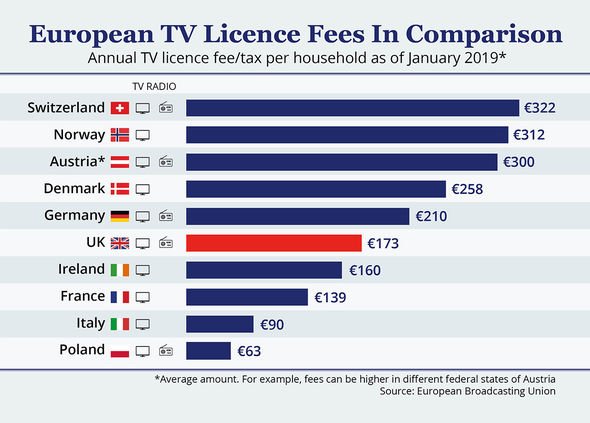The Importance of TV Licence Fees in the UK

Introduction
The TV licence fee is a significant aspect of the broadcasting landscape in the UK, funding the British Broadcasting Corporation (BBC). As the media landscape evolves, discussions surrounding the necessity and cost of the TV licence have intensified, making it a timely topic for citizens and policymakers alike.
Current Situation and Changes
In recent months, there has been considerable debate regarding the future of the TV licence fee. As of April 2023, the annual fee remains at £159, a nominal increase from the previous year, with adjustments made inline with inflation. However, the BBC is facing challenges such as declining live TV viewing figures and an increase in subscription-based services, leading to renewed scrutiny of the funding system.
The UK Government is set to review the TV licence fee structure by 2027, with potential outcomes ranging from the retention of the existing model to alternatives such as a subscription-based or advertising revenue system. Prime Minister Rishi Sunak has indicated that reform is necessary to ensure that the BBC remains relevant and adequately funded in the digital age.
Public Opinions and Perspectives
Public opinion on the necessity of the TV licence fee is divided. Some argue that the licence guarantees a level of quality and impartiality in broadcasting, preserving public service broadcasting in the UK. Others contend that the fee is outdated, especially given the rise of alternative media consumption platforms, such as Netflix and YouTube, which do not require direct funding through comparable fees.
According to a recent survey carried out by YouGov, approximately 50% of respondents expressed belief that the licence fee should be abolished in favour of a commercial model, whereas 40% disagreed. The results showcase a growing sentiment that may influence the government’s approach to the forthcoming review.
Conclusion
The future of the TV licence fee is at a critical juncture, with significant implications for media funding and public broadcasting in the UK. As the landscape continues to evolve, it is essential for lawmakers and the public to engage in conversations about the role and structure of the fee. The outcome of the review could shape not only the future of the BBC but also the way media is funded in a rapidly changing digital world. In the coming years, we may see reforms that align broadcasting funding with contemporary consumer habits, ensuring a sustainable broadcasting model moving forward.








